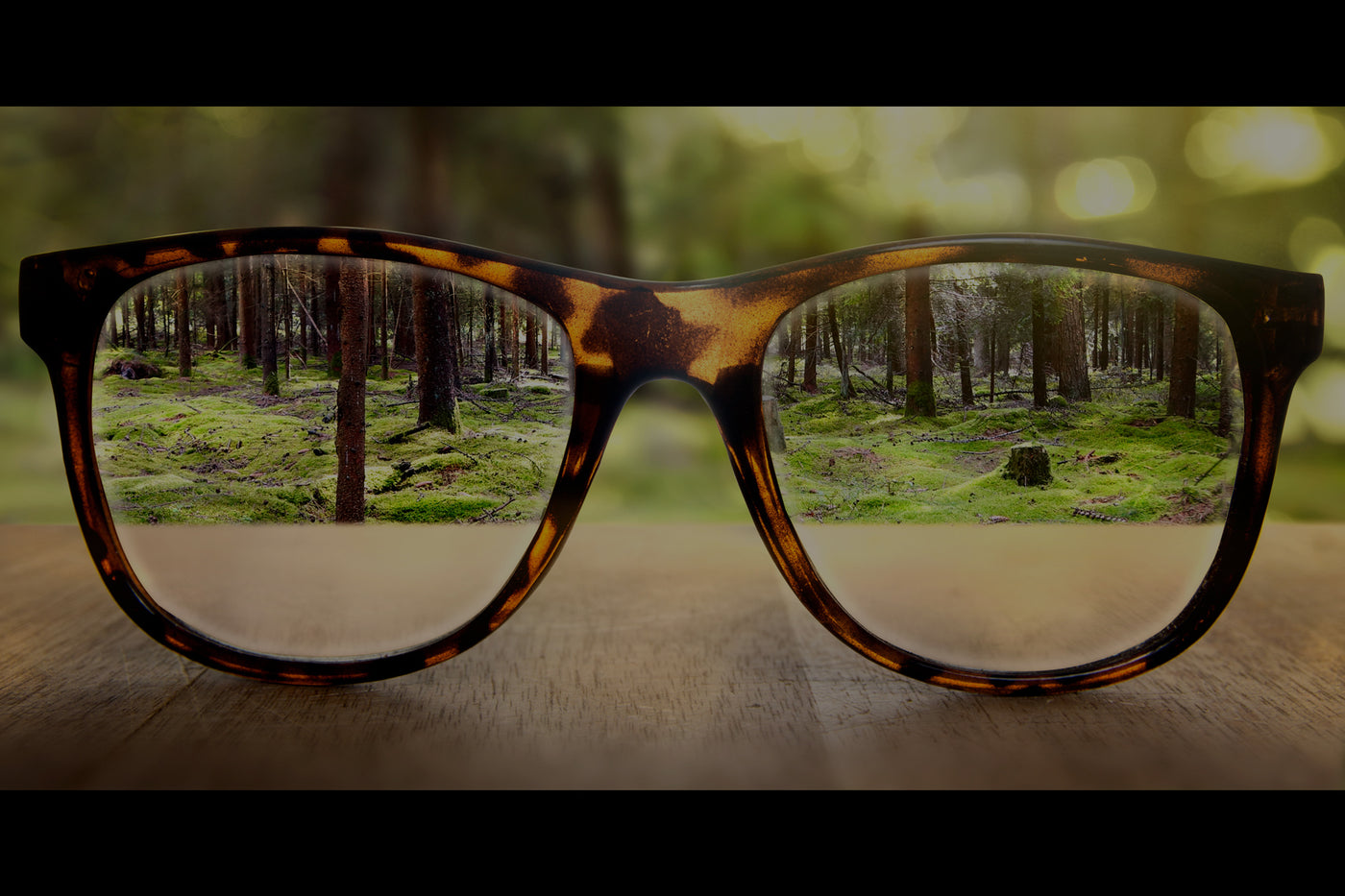Your Cart is Empty

As working athletes, we spend hundreds (and usually thousands) of dollars on protecting and improving our vision. Most of us have multiple pairs of high-end, polarized sunglasses to protect our eyes from the sun and improve our vision. Many of us wear contacts, eyeglasses, or have invested in surgery to fix our vision.
After that investment… imagine seeing this:

This article from the American Macular Degeneration Foundation explains the disease very well: “One can compare the human eye to a camera. The macula is the central and most sensitive area of the so-called film. When it is working properly, the macula collects highly detailed images at the center of the field of vision and sends them up the optic nerve to the brain, which interprets them as sight. When the cells of the macula deteriorate, images are not received correctly. In early stages, macular degeneration does not affect vision. Later, if the disease progresses, people experience wavy or blurred vision, and, if the condition continues to worsen, central vision may be completely lost. People with very advanced macular degeneration are considered legally blind. Even so, because the rest of the retina is still working, they retain their peripheral vision, which is not as clear as central vision.”

Our eyes naturally contain zinc in the macula. Zinc helps Vitamin A create melanin, which protects our eyes from harmful light. Zinc supplementation has been shown to help reduce risk age-related eye disease.*Lutein, zeaxanthin
Lutein, zeaxanthin, and meso-zeaxanthin are xanthophyll carotenoids found within the retina and throughout the visual system. These are the only three of some 600 different carotenoids found in nature that are deposited in the retina. These carotenoids aid in protecting our retina from harmful light damage and preventing age-related cellular and tissue deterioration in the eye.*
Protects against oxidative stress, fights age-related macular degeneration (AMD) and reduces destructive new blood vessel growth in the retina. Astaxanthin also helps maintain normal fluid pressures within the eye.*
Carotene carotenoids, including alpha-, beta-, and gamma-carotene, are strongly antioxidant and can be stored by the liver and converted into vitamin A, as needed,(particularly beta-carotene). These carotenoids have been shown to decrease risk of age-related eye disease.*
The active constituents of black currant extract, anthocyanins, enhance ocular blood flow for improved circulation to and nourishment of the eye tissues.
A major effect of anthocyanins in rod photoreceptors is the regeneration of rhodopsin, or visual purple, the pigment responsible for night vision. Weakness or tiring of eyes and dimming of vision in dark adaptation have been significantly benefited by administration of black currant anthocyanosides.*
Bilberry has a long history of use for eye disorders and in promoting vision. Many studies have shown positive effects, including improvement in retinal abnormalities, increased capillary resistance, slowing of progression of lens opacity and myopia, and improved dark adaptation through the use of Bilberry Extract.*
A powerful adaptation that is included in multiple Wilderness Athlete products (Altitude Advantage), has been studied in the prevention of eye fatigue and maintenance of visual acuity.*
A potent dietary source of carotenoids, particularly zeaxanthin. Daily dietary supplementation with wolfberry increases plasma zeaxanthin and antioxidant levels as well as protects from hypopigmentation and soft drusen accumulation in the macula. In addition, wolfberry polysaccharides have a beneficial effect on the eye lens by protecting against premature aging caused by oxidative stress.*
This brief explanation of the ingredients in Precision Vision barely scratches the surface of the fascinating topic of vision and eye health. We’ll delve deeper into these topics in upcoming articles. In the meantime, we hope that you’ll give Precision Vision a try and invest now in the future of your vision.
To learn more about Macular Degeneration and lifestyle prevention techniques, we recommend checking out all of the resources and study summaries available here.